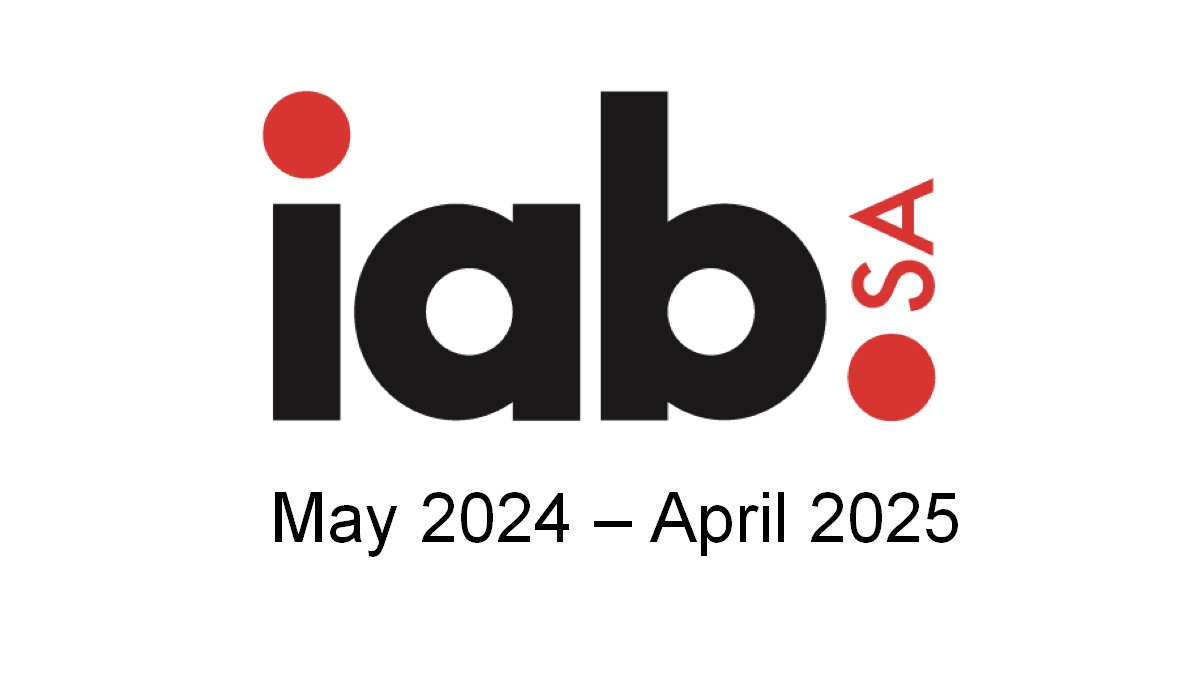President Cyril Ramaphosa has called for the legacy of Joe Slovo to be honoured as one of the key architects of South Africa’s democracy.
Ramaphosa was speaking at Slovo’s commemorative event at Avalon Cemetry in Soweto on Monday.
He reflected on the struggle for the oppressed and the exploited to live freely within South African borders.
Slovo was a prominent anti-apartheid activist and a leader of the SACP. He was appointed minister of housing following the 1994 general elections.
Monday marked 30 years since his passing as a result of cancer on January 6, 1995. His death occurred during a critical period of the country’s transition to democracy.
Ramaphosa said Slovo’s work shaped the nation’s government and society.
The shadow of apartheid follows us
He praised the democratic state for fostering tolerance and dialogue among citizens while underscoring the importance of constitutional institutions in safeguarding the rights of all South Africans.
However, the president highlighted that puzzles of apartheid are still found in the democratic state.
“And yet, we all agree, that while much has changed, many of the features of our apartheid past still remain,” Ramaphosa said.
“The shadow of apartheid is still with us; apartheid still casts a shadow on the lives of many of our people, and as we move forward, that shadow continues to follow us.
“We are a country that is characterised by extreme inequality, poverty, and unemployment. Unemployment defines the conditions of the lives of many of our people.
“Communities are threatened by crime and violence, and in some areas the state itself is unable to reliably provide the protection and services that our people need.”
Ramaphosa praised Slovo for his beliefs that justice is universal, understanding that the hand of justice should not exclude anyone regardless of background or social class.
Justice cannot be allocated according to race
He emphasised that Slovo’s principle was that justice cannot be allocated according to race, gender, or class.
He praised Slovo for always offering a listening ear and opting for debates instead of making irrational choices when faced with a difficult situation.
He said: “Following his example, we need to revise a culture of political force within the liberation movement if we are to build a society that we want to achieve.
“We need to understand the economic, political, social, and cultural forces that shape our society.
“We need to demonstrate the kind of intellectual honesty that characterises the work of Joe Slovo and other great theorists of our movement.”




